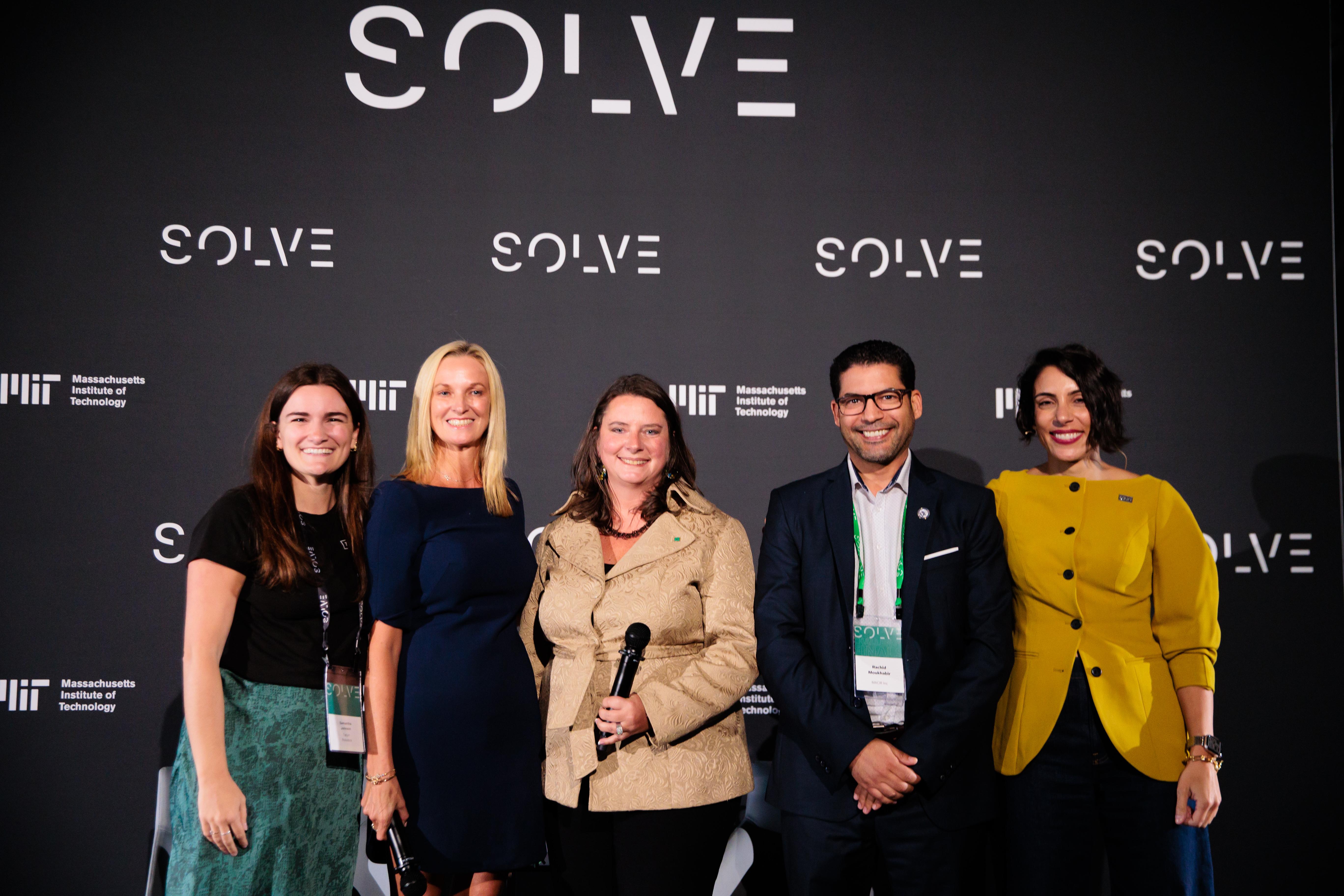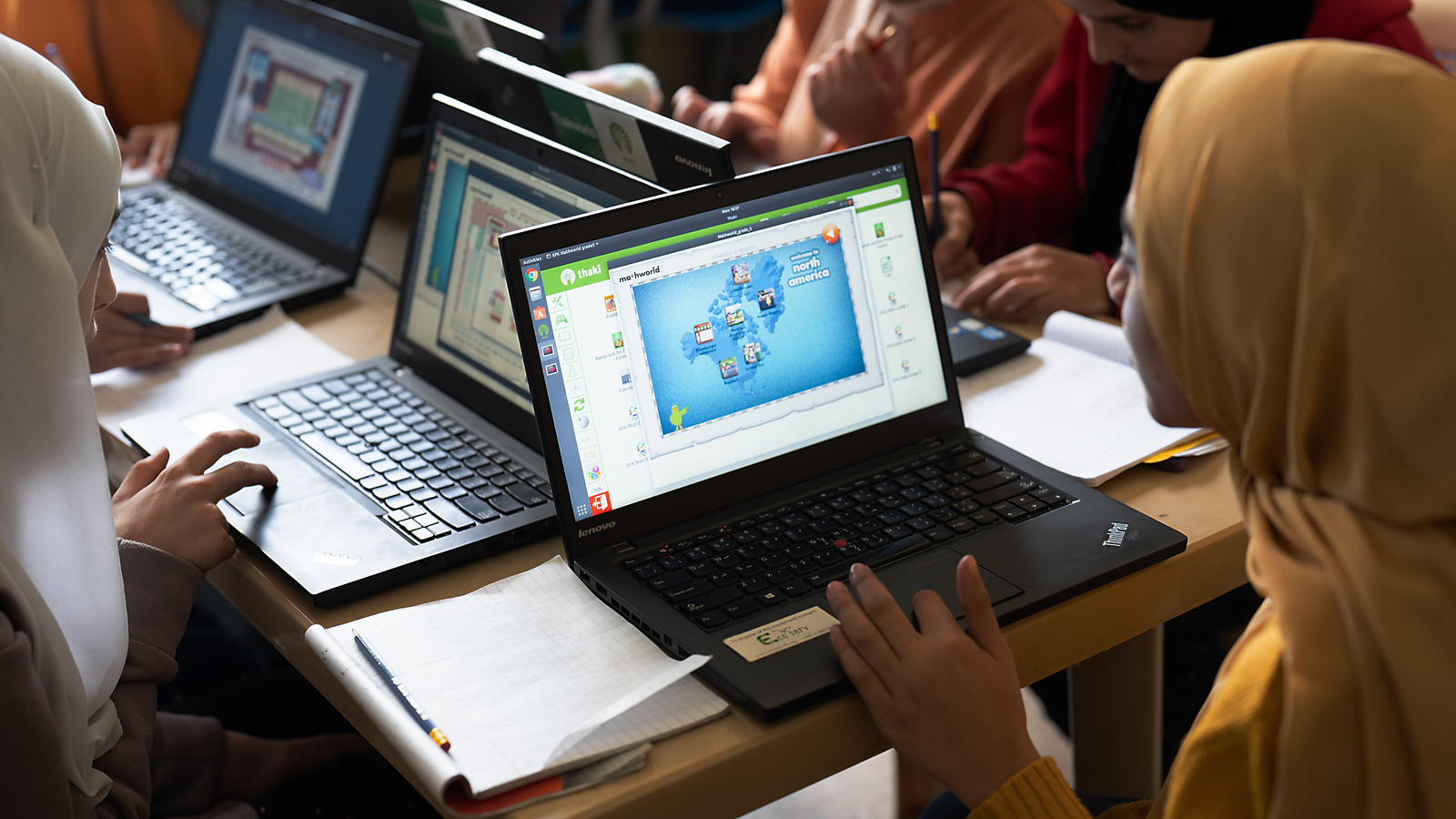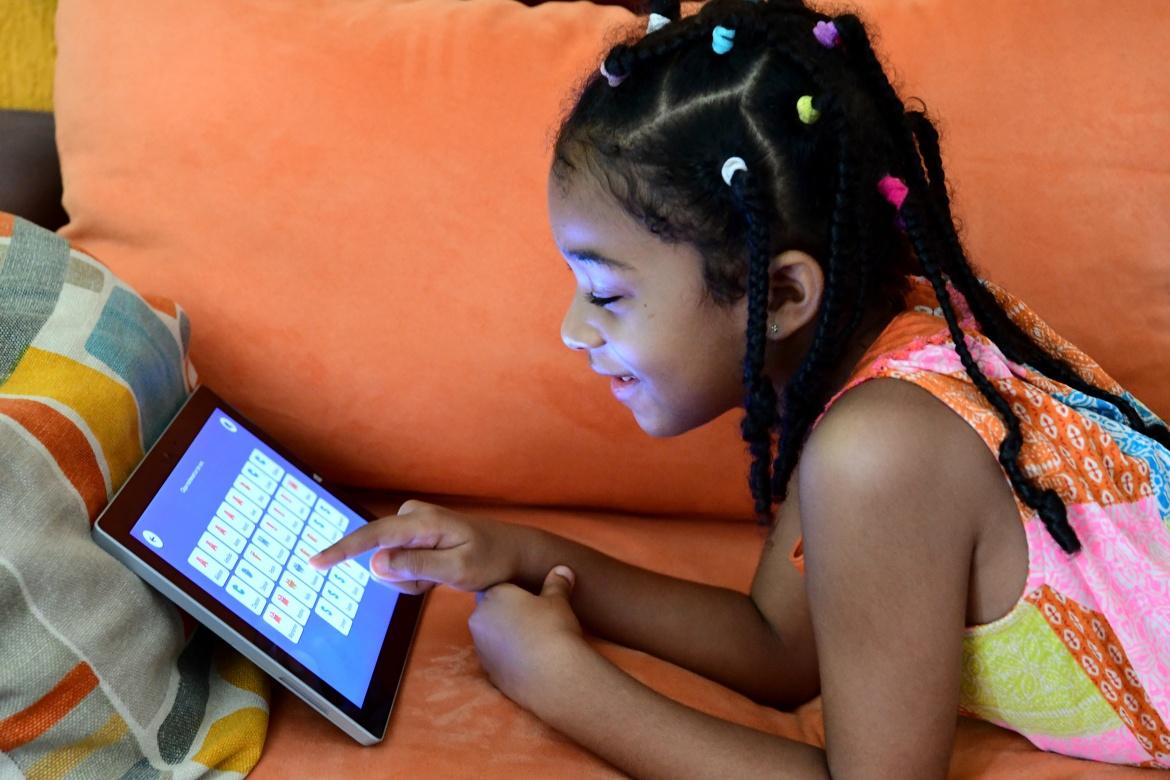PRESS RELEASE: MIT Solve Announce 2017 Solver Teams for Youth, Skills and Workforce of the Future Challenge Following Live Pitch Event
Selected Solver Teams Join the Solve Community to Pilot, Scale and Implement Their Solutions
MIT’s new Solve initiative – and member of the UN Women’s Global Innovation Coalition for Change – announced the 2017 Solver teams for the Youth, Skills, and the Workforce of the Future Challenge late yesterday at the Solve Challenge Finals in New York City. The Challenge is co-chaired by Her Majesty Queen Rania Al Abdullah and Laurene Powell Jobs, Founder and President, Emerson Collective. These “Solver teams” were selected out of hundreds of submissions to the Youth, Skills, and the Workforce of the Future Challenge, pitched their solutions to a live audience and a panel of expert judges including Melissa Beaumont Lee, Atlassian Foundation Manager, and Lucy Ashman, Global Director of Social Innovation of Teach for All.
As Solver teams, each of the eleven chosen will join the Solve community to build partnerships with cross-sector leaders that help pilot, scale and implement their solutions.
“When we launched this set of Global Challenges in May, we could not have imagined the incredible set of solutions we would receive: 953 solutions from 103 countries across all four Challenges,” said Alex Amouyel, Executive Director of Solve. “It was a difficult competition, and our judges had a tough task ahead of them in choosing the Solver teams. But now, we could not be more excited to help these innovators pilot and scale for global impact.”
Select Solver teams in the Youth, Skills, and Workforce of the Future challenge were also selected for incredible prizes including:
1. Seven Solver teams were selected to receive up to US$1 million in grant funding from the Atlassian Foundation for the Youth, Skills, and the Workforce of the Future Challenge to selected Solver teams from non-government organizations, non-profits, social enterprises, academics, entrepreneurs and for-profit organizations. Mark Reading, Head of Foundation, Atlassian, presented the prize:
- 40K PLUS
- Books vs. Bites
- Pacific Flying Labs
- Ruangguru Digial Bootcamp
- Open Learning Exchange
- Translation Community Building
- Wanji Games
2. Eight Solver teams were also selected to receive up to US$1 million in grant fundingfrom the Australian Department of Foreign Affairs and Trade in grant funding for the Youth, Skills, and the Workforce of the Future Challenge to selected Solver teams who will have an impact in developing countries across the Indo-Pacific. The Honorable Julie Bishop, MP, Australian Minister for Foreign Affairs, presented the prize:
- 40K PLUS
- Books vs. Bites
- Digital Superheroes Academy
- Kolorob Jobs
- Pacific Flying Labs
- Ruangguru Digital Bootcamp
- TULA Learning Centers
- Wanji Games
The 2017 Solver teams selected from the Youth, Skills, and the Workforce of the Future Challenge, listed below, pitched exciting and creative solutions that provide technology-based solutions for how disadvantaged youth can learn the skills they need to prepare them for the workforce of the future and thrive in the 21st century. Her Majesty Queen Rania Al Abdullah presented the new Solver teams on stage at the Solve Challenge Finals:
- 40K PLUS: The software program, which can run on or offline, creates learning content matched to local curriculum needs that is culturally sensitive and designed to deliver quality education in a restricted environment.
- Books vs Bites: The Rumie Initiative created a free digital learning resource that brings offline, low-tablets and an online repository of free digital learning content to the communities that need it most but traditionally do not have access to it.
- Digital Superheroes Academy: Baan Dek Foundation developed this application aimed at providing marginalized populations of children the opportunity to learn life skills including health, education and safety. The open-source application makes it possible to reach remote communities with life-saving knowledge and skills via modern technology.
- Kolorob Jobs: Kolorob Jobs is an open-source web and mobile application that enables young people to transition from hazardous, dangerous and exploitative jobs to career paths in the formal sector. The application will be deployed in the low-income communities in Dhaka, Bangladesh.
- Open Learning Exchange: A community-centered service – the software and contents are open and free – managed and supported by members for their entire community. Open Learning Exchange works with partners to ensure that improvement in learning are scaled in a way that allows everyone to access demonstrated and documented improvements to education.
- South Pacific Flying Labs: WeRobotics uses flying labs in Asia, Africa and Latin America to provide training, lead projects and create local jobs and startups focused on Robotics Services. Flying labs aim to bring local communities and youth direct access to robotics platforms for an affordable price as part of a formal rental program.
- Ruangguru Digital Bootcamp: Ruangguru is a digital bootcamp that provides intensive learning support to prepare the dropped-out underserved youth population of Indonesia to pass standardized national exams and acquire relevant employable skills through group-chat based mentoring and semi-online learning video subscription.
- ScriptEd: ScriptEd underserved students living in technology hubs with coding skills and professional access with the support of a community of technology volunteers. ScriptEd’s approach empowers youth to become producers of technology in a 21st century workforce representative of all people.
- Translation Community Building: A project that helps 9-13 year olds learn how to create with computers, with the goal of dramatically increasing access through a low-cost approach combining translation software with volunteers who understand technical language and regional localization.
- TULA Learning Centers: TULA uses tech-enabled centers near public schools to deliver personalized learning experiences to help children improve academic performance, develop character traits and 21st century skills.
- Wanji Games: Wanji Games provides interactive, educational learning through spoken audio to allow geographically remote audiences with limited literacy access to salient information in their own spoken language through appropriate technology.
A full list of 2017 Solver teams across all four challenges can be found below:
- 40K PLUS
- AnnieCannons
- AUGMENTx
- Autism Detection at Birth
- Books vs Bytes
- CityTaps
- Copia
- DCTclock
- Digital Citizen Fund
- Digital Superheroes Academy
- doctHERs
- Erase All Kittens
- Fresh Direct Nigeria
- Girls Who Build
- Hello Tomo
- Know Your Rights
- Kolorob Jobs
- MealFlour
- MemoryWell
- Mimerse
- Neurolab Seed
- Open Learning Exchange
- Pacific Flying Labs
- Pipeguard
- Psychological Geographies
- Ruangguru Digital Bootcamp
- Saathi
- ScriptEd
- StillFresh
- StrongMinds
- Timeless
- Translation Community Building
- TruTrade
- Tula Learning Centers
- Untapped
- Wanji Games
- WATERIG
- Zero Waste Water
About Solve:
Solve is an initiative of the Massachusetts Institute of Technology (MIT) that identifies and supports lasting solutions to the world's most pressing challenges. Solve is a community that brings together technologists, social entrepreneurs, business leaders, policymakers, researchers, and other change agents to unearth and implement solutions to specific, actionable challenges issued around the pillars of Economic Prosperity, Health, Learning, and Sustainability.
Solve is a community that brings together technologists, social entrepreneurs, business leaders, policymakers, researchers, and other change agents to unearth and implement solutions to specific, actionable challenges facing the world. More than 950 solutions from all over the world were submitted to Solve’s 2017 Global Challenges: (1) Brain Health, (2) Sustainable Urban Communities, (3) Women and Technology, and (4) Youth, Skills, and the Workforce of the Future. Learn more at solve.mit.edu.
Press Contact:
Ken Meyer
617-258-6121
press@solve.mit.edu
###
Tags:
- Learning
- Economic Prosperity
- Press Releases
Related articles
-
Workforce Development for the Future: A Q&A with Michelle Hecht, Executive Vice President, Head of Corporate Affairs, Citizens

-
“Education is the one thing you can take with you.” A Q&A with Rudayna Abdo, Founder and CEO, Thaki

-
A LEAP in evidence-based innovation for education
How to address the need for evidence-based innovation in education by empowering researchers, social entrepreneurs and education organizations to work together.